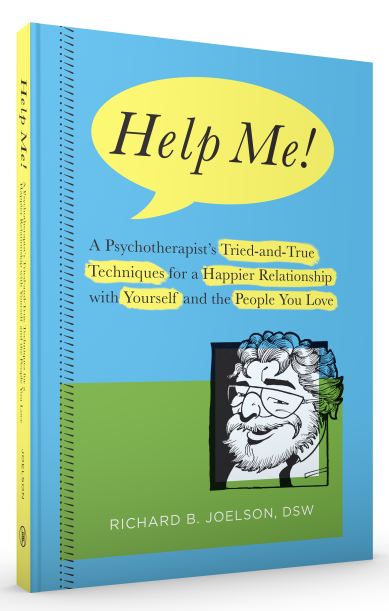Assertive people examine a request of them or an offer to them by assessing whether they believe it is reasonable or acceptable. They do not commit themselves to a “yes” or a “no” reply until they fully understand what is being asked of them and whether or not they want to or are able to do it. If the answer to a request is “no” they say so with firmness, clarity and simplicity often by just stating the word “no” by itself.
People who feel guilty when they wish to or have to say “no” often do so apologetically or with long-winded explanations or excuses that suggest they feel they are doing something unacceptable or wrong. This sometimes invites the person making the request to apply pressure in pursuit of the “yes” they are seeking until they succeed to getting it. When someone senses an ambivalent “no” they will often request, or even demand, an explanation. Perhaps the best way to respond under these uncomfortable circumstances is, “because that’s my answer” or, “because that’s what I think is best for me.” Saying “no” is best seen as an honorable response; something to which you are entitled even if it will not please someone else.
There are several strategies to help make “no” easier when it is necessary or in your best interests. One way is to buy time, to provide yourself with an opportunity to decide whether or not you actually want to do something or buy something without the pressure of answering on the spot. Another strategy is to say “no” in an empathic way so that you lessen the likelihood of upsetting someone you care about and who will be disappointed with your reply. “I wish that I could, but I can’t help you this time” may be more comfortable for both parties than a simple “no” and can ease a rejection that you may have wished to avoid.
Some people have strengthened their ability to refuse someone when necessary by practicing saying “no” when there is less at stake. Saying “no” to the telemarketer at dinnertime is a favorite practice target.
Accepting “no” for an answer is also a difficult interpersonal experience for many of us. Each time you hear someone say “no” to a request that you have made, think to yourself, “I am not being rejected as an individual; it is my request that is being rejected.” Rejection may come up emotionally because your need for approval is strong. You view acceptance of your request as an acceptance and approval of you; it is not.
